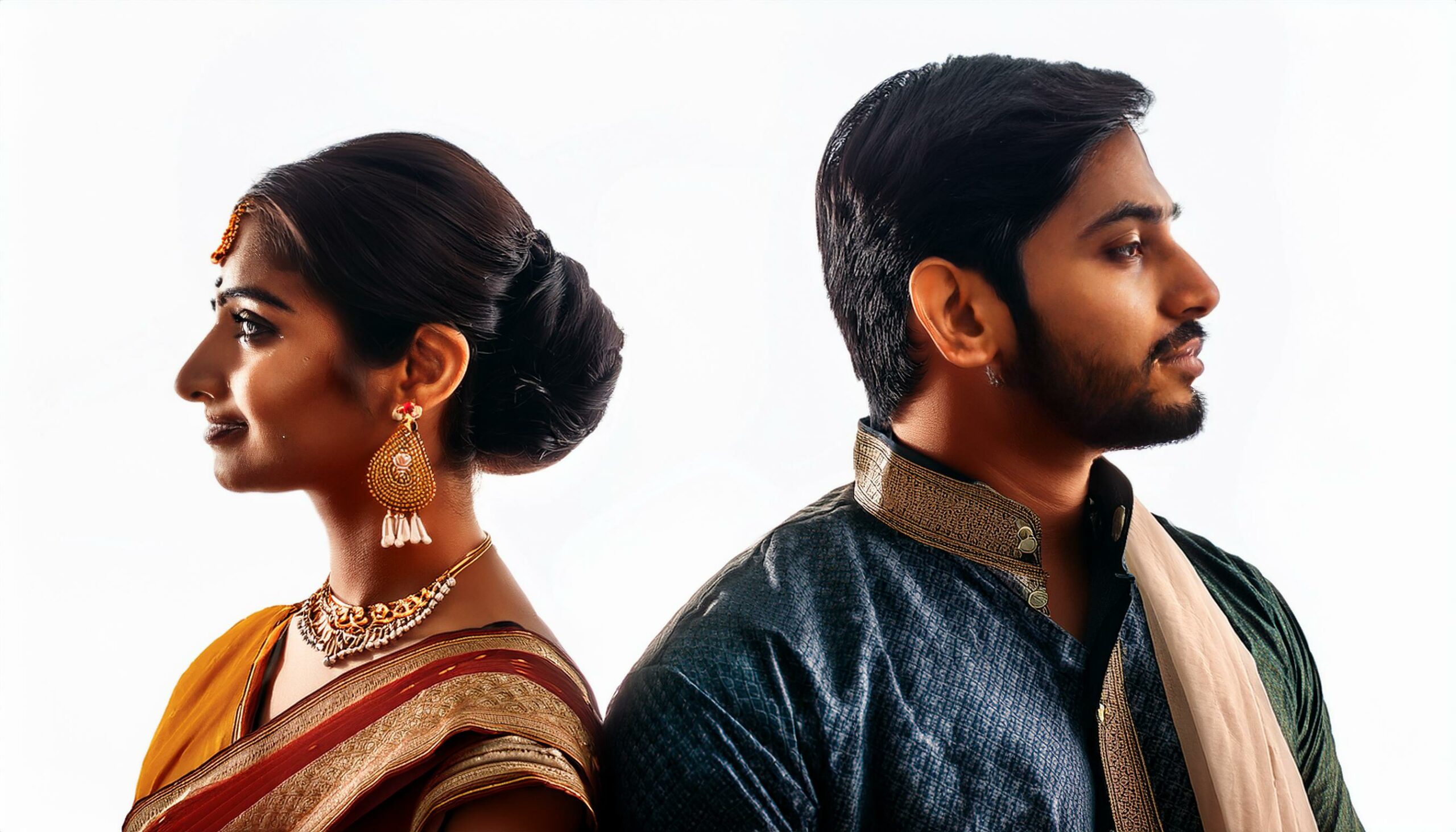Deciding whether marriage is right for you is a deeply personal and significant decision that requires careful consideration of various factors, values, and aspirations. While marriage can be a fulfilling and enriching experience for many, it’s essential to reflect on your own beliefs, priorities, and circumstances before making this commitment. Here’s a thoughtful exploration to help you assess whether marriage aligns with your life goals and personal journey.
Understanding Your Motivations
1. Personal Values and Beliefs
Reflect on your personal values and beliefs about relationships and commitment. Consider how marriage aligns with your ideals of partnership, family, and personal growth. Evaluate whether marriage holds cultural, religious, or societal significance for you and how it may impact your sense of identity.
2. Relationship Goals
Assess your current relationship goals and aspirations. Determine if you desire a lifelong partnership with shared responsibilities, mutual support, and emotional intimacy. Consider whether marriage would enhance your relationship dynamics and deepen your connection with your partner.
3. Life Stage and Readiness
Evaluate your readiness for marriage based on your life stage, maturity, and emotional preparedness. Assess whether you have the emotional stability, communication skills, and commitment to navigate the challenges and responsibilities of marriage.
Practical Considerations
1. Legal and Financial Implications
Understand the legal and financial implications of marriage, including rights, responsibilities, tax considerations, and asset management. Consider how marriage may impact your career, financial stability, and long-term financial planning.
2. Family and Social Expectations
Reflect on family expectations, cultural norms, and social influences regarding marriage. Consider how these external factors may influence your decision and whether you feel comfortable navigating potential societal pressures.
3. Personal Independence and Autonomy
Evaluate how marriage may impact your personal independence, autonomy, and individual goals. Consider whether you are prepared to compromise, collaborate, and integrate your life with another person’s needs and aspirations.
Assessing Relationship Dynamics
1. Communication and Compatibility
Assess the quality of your current relationship, focusing on communication, trust, mutual respect, and shared values. Evaluate whether you and your partner have compatible life goals, priorities, and visions for the future.
2. Conflict Resolution and Problem-Solving
Reflect on how you and your partner handle conflicts, disagreements, and challenges together. Consider whether you have effective problem-solving skills and the ability to navigate disagreements constructively.
3. Emotional Support and Growth
Evaluate the level of emotional support, companionship, and personal growth that your relationship provides. Consider whether marriage would strengthen your emotional bond and contribute to your overall well-being and happiness.
Seeking Guidance and Support
1. Professional Advice
Consider seeking guidance from a relationship counselor or therapist to explore your thoughts, concerns, and aspirations regarding marriage. A professional can offer unbiased insights, communication strategies, and tools to help you make an informed decision.
2. Peer and Mentor Support
Seek advice from trusted friends, family members, or mentors who have experience with marriage. Listen to their perspectives, insights, and personal experiences to gain a broader understanding of the benefits and challenges of marriage.
Conclusion
Deciding whether marriage is right for you requires introspection, honest communication with your partner, and consideration of practical, emotional, and relational factors. Reflect on your values, relationship goals, readiness, and aspirations for the future. Evaluate the impact of marriage on your personal growth, autonomy, and overall well-being. Seek guidance from trusted sources and explore your options with an open mind. Ultimately, the decision to marry should align with your beliefs, values, and aspirations for a fulfilling and meaningful life journey, whether that includes marriage or alternative paths to personal happiness and fulfillment.






